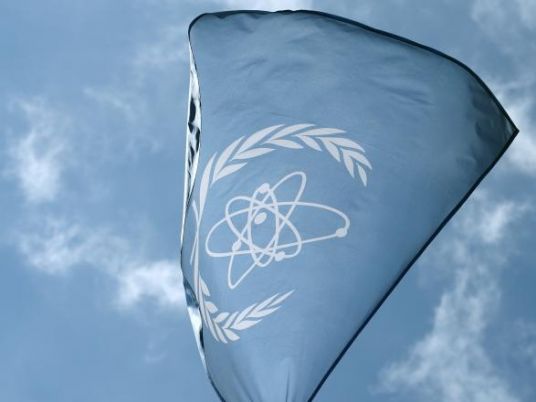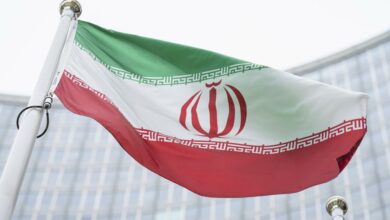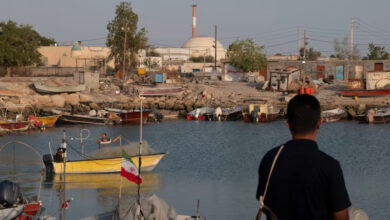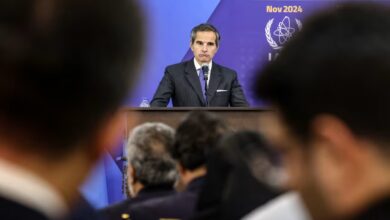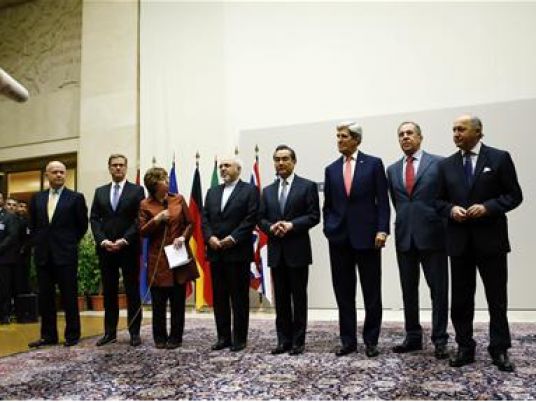
Iran faced Western pressure on Wednesday to speed up its promised cooperation with a UN nuclear watchdog investigation into suspected atomic bomb research by Tehran, something the Islamic state denies.
The European Union – which groups three of the six powers seeking to negotiate a settlement to a decade-old dispute with Iran over its nuclear program – noted that "some" progress had been made in separate talks between Iran and the International Atomic Energy Agency (IAEA).
But, the 28-nation EU added in a statement to the IAEA's 35-nation governing board, "We call on Iran to provide all the relevant information to the agency, to address fully the substance of all of the agency's concerns and to accelerate its cooperation with the agency."
Iran says its uranium enrichment program is a peaceful energy project, but the West fears it is covertly oriented to developing a nuclear weapons capability. Western diplomats have long accused Tehran of stonewalling the IAEA's investigation.
IAEA Director General Yukiya Amano said earlier this week that Iran had begun to engage substantively with the UN's agency's investigation, but that more was needed to fully address his concerns.
US officials say it is vital for Iran to resolve the IAEA's questions if the United States, France, Germany, Britain, China and Russia are to reach a long-term accord with Iran that would set a verifiable framework for its nuclear activity and end punitive international sanctions imposed on Tehran.
The two sets of talks are separate but complementary as both focus on suspicions that Iran may covertly have sought the means and expertise to assemble nuclear weapons.
The IAEA's inquiry focuses specifically on what it calls the possible military dimensions of Iran's atomic activities, notably whether it has worked on designing a nuclear warhead, which it denies having done.
"To allay the international community's concerns about the possible existence in Iran of undisclosed nuclear-related activities …, it is essential that Iran delivers substantive progress in the near future," the EU statement said.
In a separate statement to the IAEA governors' meeting, Canada said it "still believes that the pace of cooperation from Iran is too slow."

